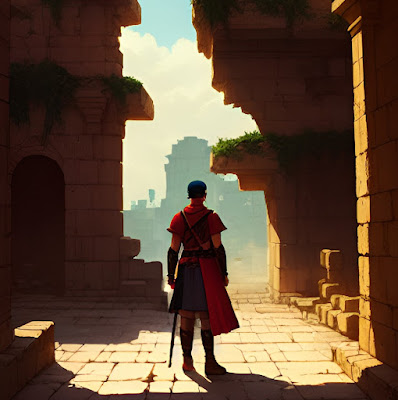The Curse of Carthage
The Curse of Carthage was a supposed curse that forbade the rebuilding of Carthage after it was destroyed in 146 BC. On the one hand, the story of the Curse is one of the most haunting scenes in Roman history.
Scipio Aemilianus, the very general who wrecked the great temple of Baal and set ablaze the clay bricks of the city, surveyed the smoking ruins and rued the day that one day the same terrible fate would befall Rome. Humane feeling and eerie foresight suffuse his solemn words.
Yet the “curse” had a more immediate impact, as it seemed to doom attempts by the reformer and populist political leader Gracchus, to establish a Roman colonia (colony) on the former site of the city.
And that was awfully convenient for Gracchus’ enemies in the Senate, wasn’t it?
The entire so-called “curse” was nothing but propaganda, a myth that was created to serve political purposes. The author then looks at the political climate at the time, including the role of the colonia and the politicking of C. Gracchus, to explain why this myth was created.
To understand why C. Gracchus faced such opposition, and why this opposition took on religious overtones, Ong argues that it's important to look at the function of the Roman colonia and its role in aristocratic competition in Republican politics. Before Gracchus' efforts, the colonia functioned as a military and strategic settlement that was essentially a self-governing, self-sustaining guard post occupying strategic positions throughout Italy. It also provided an opportunity for the landless and poor of Rome to start a new life in better socioeconomic conditions elsewhere.
Gracchus innovated the role of the colonia by diversifying the type of colonia to include commercially based ones, as well as agriculturally based ones. This made the prospect of becoming a colonist more appealing to a broader range of citizens, from traders to farmers. He was also the first to expand the planting of colonies outside of Italy, opening the floodgates to endless possibilities for Roman citizens to benefit from such plans.
This expansion of the colonia's function threatened the power of the aristocracy, who saw their hold on land and resources being challenged. The opposition to Gracchus' plans took on religious overtones, with the creation of the Curse of Carthage serving as propaganda to undermine Gracchus' political power.

Comments